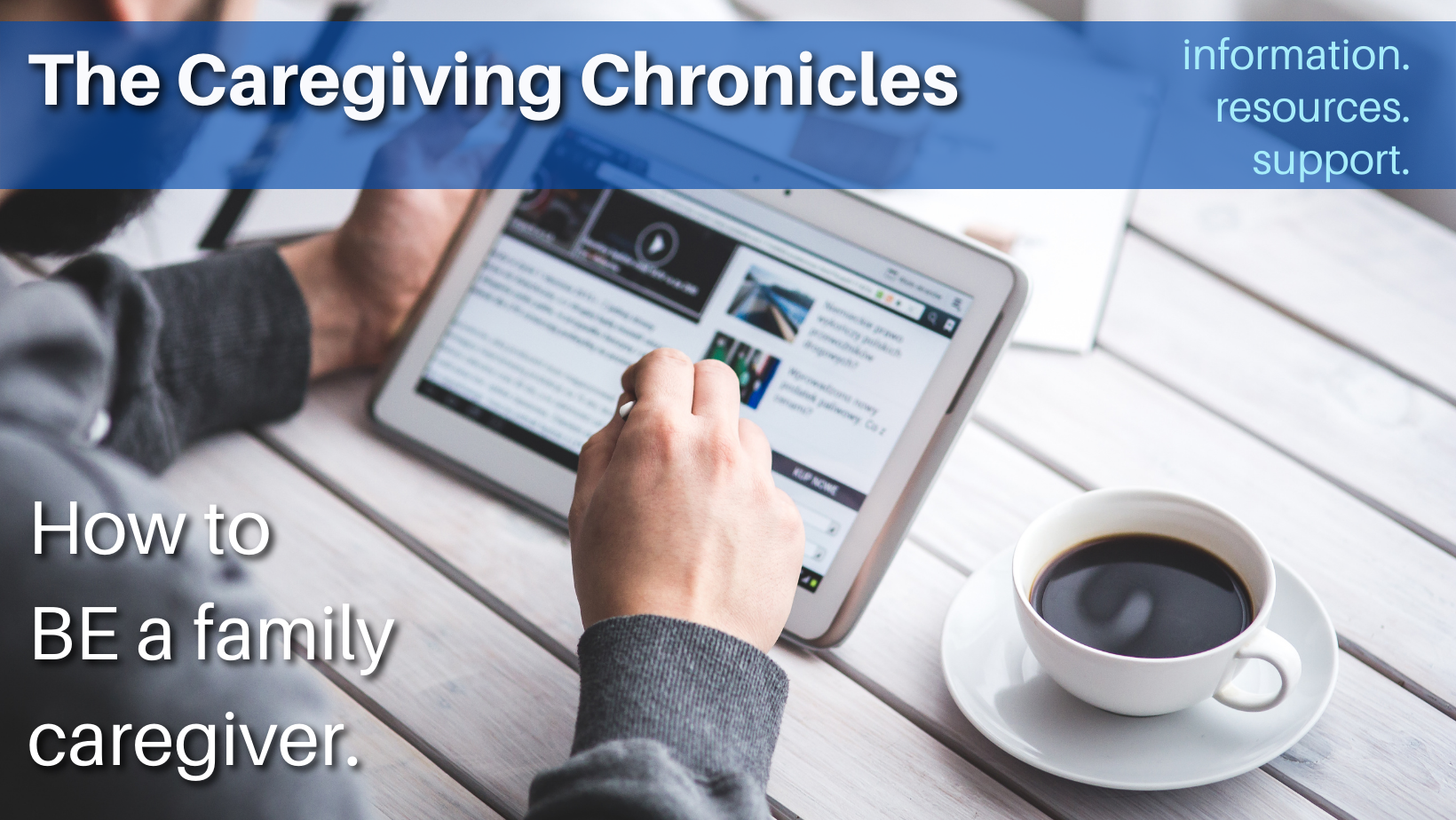TEXT SIZE
SHARE
Editor’s note: The Caregiving Chronicles blog has partnered with Century Health Systems to bring additional expert information and advice to the MetroWest caregivrs we strive to serve at CaregivingMetroWest.org.
This blog post was submitted by Judith Boyko, MBA, MS, RN, who has served as the CEO of Century Health Systems since it was established in 2001. Century Health Systems is the parent corporation of Distinguished Care Options and the Natick Visiting Nurse Association.
Boyko holds a Bachelor of Science degree in Nursing from the University of Pittsburgh, a Master of Science in Public Health from the University of Massachusetts, Amherst and a Master of Business Administration from Clark University. She has been recognized by the Home & Health Care Association of Massachusetts as Manager of the Year in 1997 and received the Deborah Blumer Community Health Leader Award from the MetroWest Community Health Care Foundation in 2007.
By Judith Boyko, MBA, MS, RN
For many, aging itself is a difficult reality to face. Couple it with declining health, lapses in memory and loss of lifelong friends and you’ve got a recipe for a stressed-out loved one.
With the burden of age comes many challenges. So, how can you – the caregiver – effectively communicate with your aging loved one without making either of you feel anxious or stressed?
Be deliberate in your conversation. Take some time to identify and recruit the right people to be part of the conversation. Select people who your loved one trusts and with whom he feels comfortable. Be sure they are willing to take an active role in caring and advocating for your loved one.
When starting a conversation with your loved one – especially about an illness or other medical condition – ask open-ended questions that will help to ease the stress he might be feeling. For example, “What is the most important issue you’re facing today, and how does it make you feel?”
Ask your loved one what will make him more comfortable. Find out if he understands any illness he may be dealing with and ask if he wants to learn more about it or its treatment. It is important to note that when this conversation takes place, present news in small snippets and make sure your loved one understands. For example, when telling your loved one about his prognosis, use language that is simple and easy to understand. And ask directly: “Do you understand what I’m telling you?” Give him an opportunity to ask questions: “Do you have any questions about what I’m saying or what all of this means for you?”
Take it a step further and ask if he has hopes, fears or goals for his future. Offer ways by which you can help him fulfill those hopes, squash the fears and help him meet his goals. And research his illness or condition so you are prepared to answer his questions.
Talk about end-of-life wishes
Always keep in mind: everyone deserves to live with dignity and respect, especially at the end of life. End-of-life wishes are paramount in any discussion with a person who is ill and/or elderly. However, have that conversation while your loved one is still alert, aware and engaged. Speaking in hypotheticals is much easier and less stressful than having to react and make hasty decisions on your own – without your loved one’s input – when a medical crisis occurs.
The Conversation Project, an excellent resource for end-of-life discussions, reports that “more than 90 percent of the people think it’s important to talk about their loved ones’ and their own wishes for end of life care,” but “less than 30 percent of people have discussed what they or their family want when it comes to end-of-life care.”
Some topics you can address together include preparing an advance directive that describes his end-of-life wishes; naming a health care proxy (someone who can act on behalf of your loved one if he is unable to act on his own); and identifying the type of care or intervention he wishes to receive at the end of life if he is unable to make those decisions on his own (i.e. if he is in a coma; this is called a “living will.”)
Find out from your loved one what matters most. Is it fulfilling a lifelong dream? Having a discussion with a religious or spiritual advisor? Perhaps it’s seeking forgiveness from a long-ago friend.
Communication and memory issues
Keep in mind that you will need a different strategy for communicating with that those who have memory issues or cognitive impairments like Alzheimer`s disease or dementia. According to the Alzheimer’s Association, “In addition to changes in the brain caused by Alzheimer’s, a number of physical conditions and medications can affect a person’s ability to communicate.”
The Alzheimer’s Association suggests that caregivers exercise patience and support. It also recommends the following: provide comfort and reassurance; avoid criticizing, correcting or arguing; encourage unspoken communication; limit distractions; and focus on feelings – not facts.
Remember this
Finally, for general conversations with your elder or ill loved ones, there are some standard protocols you can follow; they can lead to deeper, more meaningful conversations that can help to assure your loved one that you care for and respect him:
• Listen. Don’t interrupt with words or other actions (like looking at your cell phone or the TV while he’s talking).
• Confirm you understand what your loved one is saying by repeating him.
• Let your loved one speak at his own pace; don’t rush him.
• If there’s not an urgent topic to discuss, ask your loved one about his life: What was he like as a boy? What was the strangest job he ever held? What was his biggest adventure? What kind of music did he listen to as a young man? What is he most proud of in his life?
• Stay positive and be thoughtful. Negative input or feedback can make him defensive or cause him to withdraw from the conversation.
Be sure that you seek out support from family members and friends willing to be part of the caregiving process so that you don’t have to shoulder the responsibility of caring for your loved one on your own. It’s a tough job but one that can be eased by offering love, support and communication that is open, honest and ongoing.
(Judith Boyko, MBA, MS, RN can be reached at infonvna@natickvna.org. For additional information, visit www.centuryhealth.org, www.dco-ma.com or
www.natickvna.org or call (508) 651-1786.)



